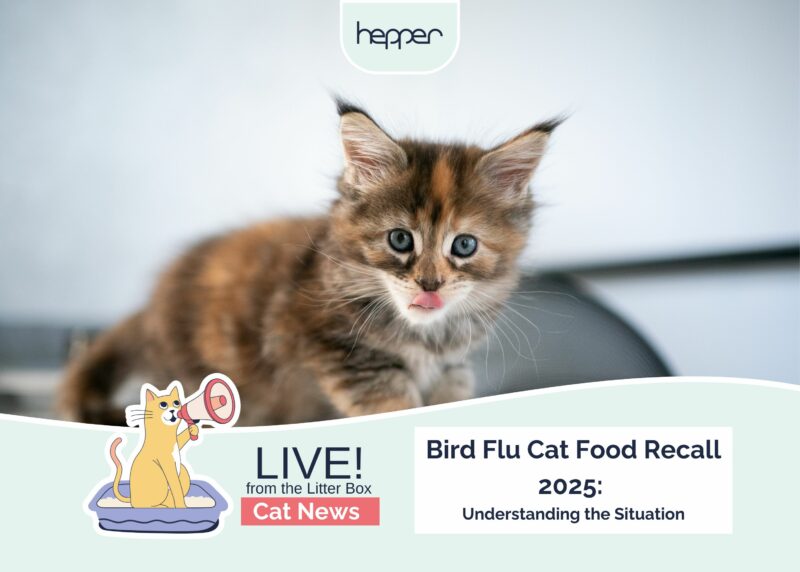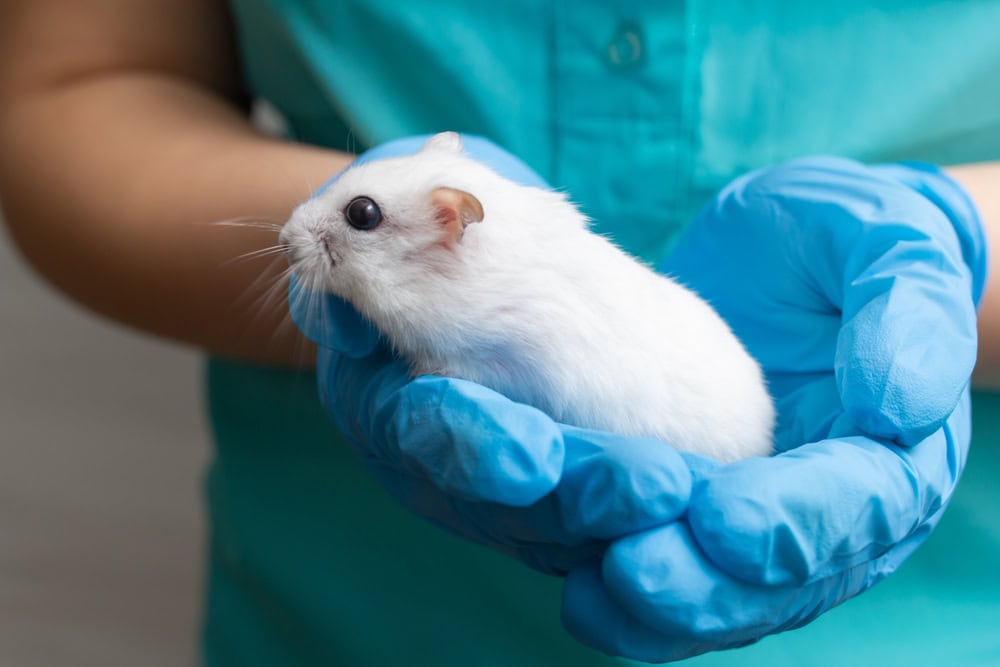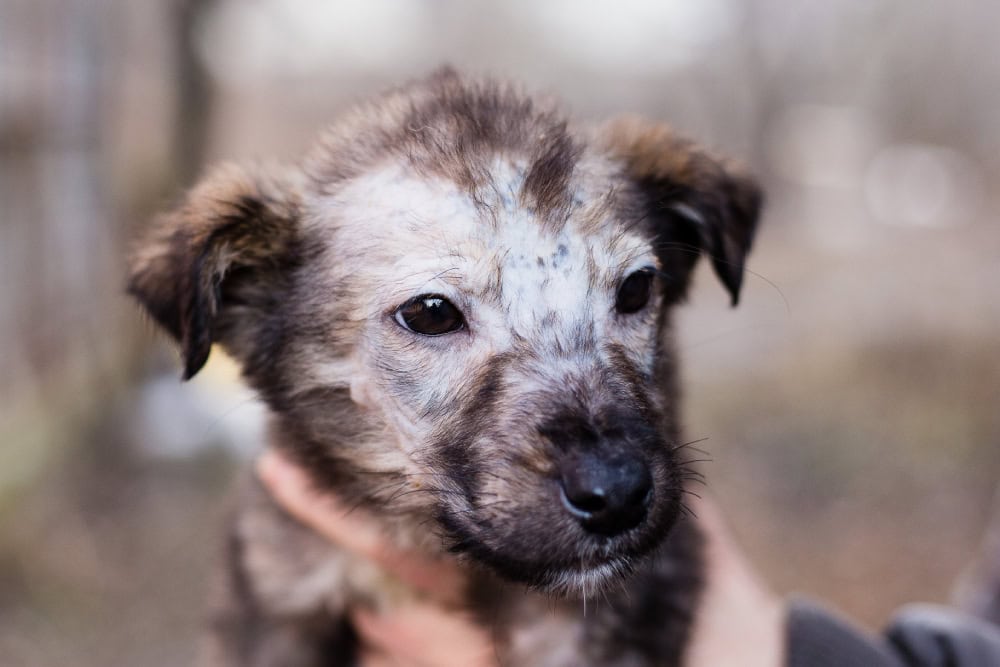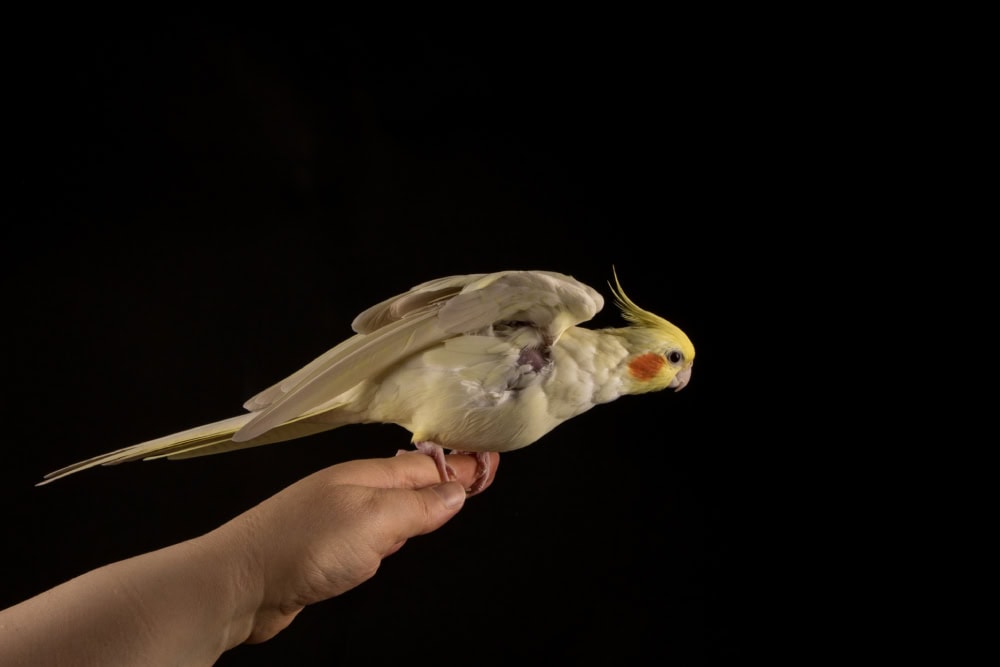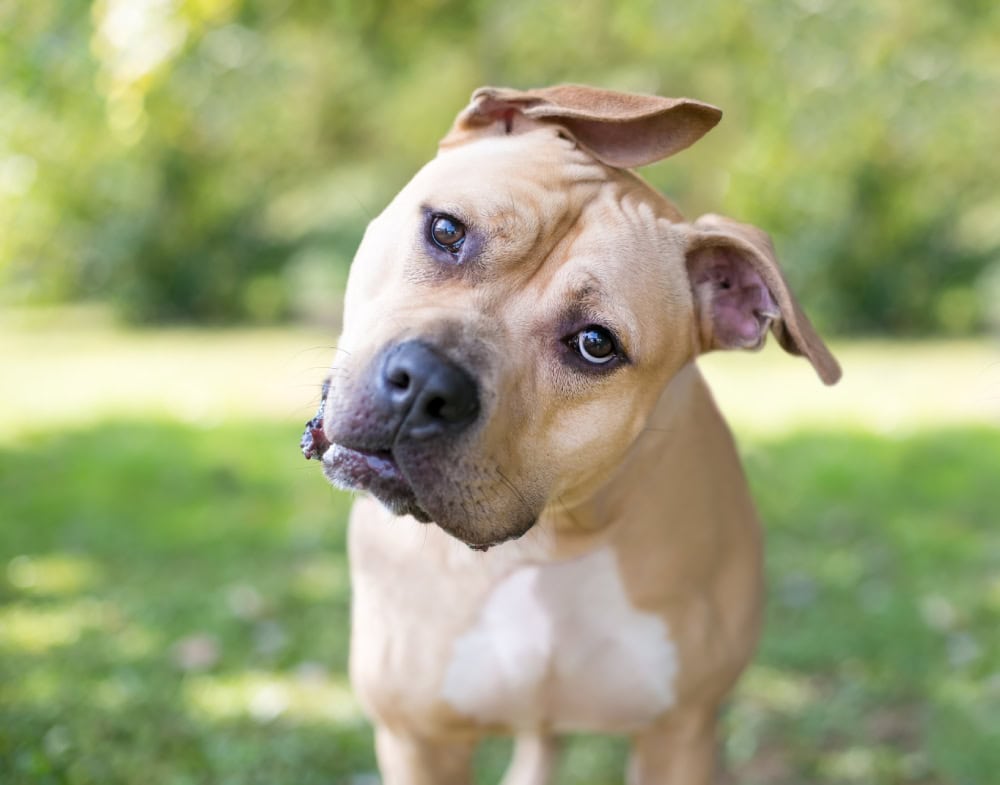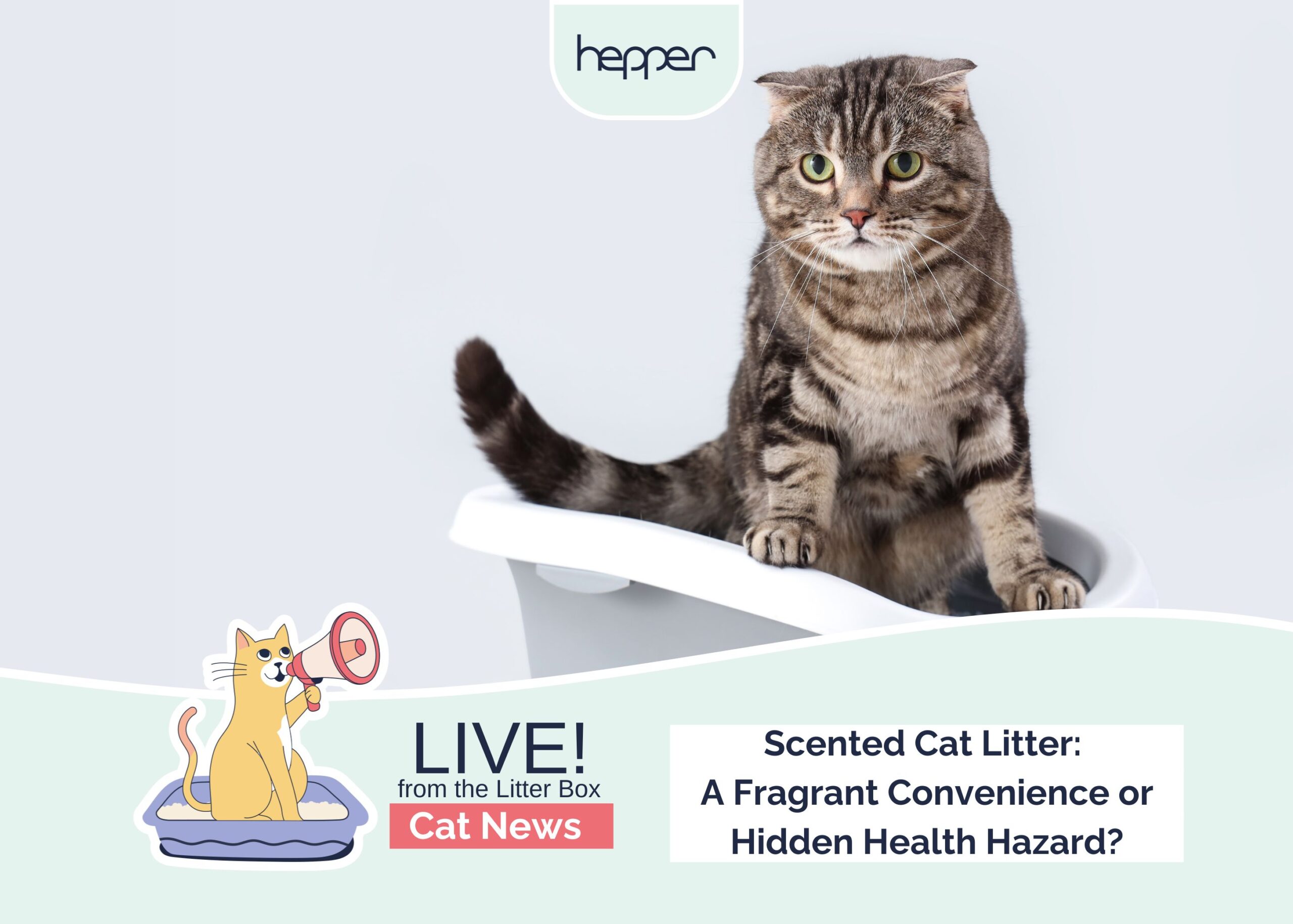
For most cat owners, the litter box is the price we pay for the privilege of living with a feline companion. We endure the smells, the scattered litter underfoot, and the undeniable awkwardness of knowing there’s a small bathroom in some corner of the home somewhere, taking up valuable real estate. So, when the pet aisle promises “fresh scented cat litter,” it seems like the obvious solution.
And for years, cat owners have been lured by the promise of these “fresh” or fragrant scents. But behind the clean-smelling marketing lies a less appealing truth: scented cat litter could be harming the very animals it claims to serve.
Scented litters are specifically designed to appeal to humans. They mask unpleasant odors with everything from citrus to lavender, often using a mix of perfumes, deodorants, carbon, and synthetic powders. For the pet parent, it’s a win. But for the cat, whose sense of smell is at least 14 times more powerful than ours, it can be a nightmare.
Recent insights into feline health suggest that these artificial additives may interfere with a cat’s natural instincts, causing unnecessary stress and even physical illness. Because cats rely heavily on scent to interpret their environment, if that ability is disrupted by artificial fragrances, there are several negative effects on the cat.
One of the more concerning outcomes of this disruption is Feline Idiopathic Cystitis (FIC)—a painful, stress-induced bladder condition that can lead to straining, urinating outside the box, and even blood in the urine.
Respiratory issues are another risk. Many cats, especially those with asthma or allergies, are vulnerable to the effects of inhaling fine scented particles. For them, a trip to the litter box can become a stressful, scent-saturated experience they may try to avoid entirely.
While these concerns have circulated quietly among veterinarians and feline specialists for years, and there is currently no industry consensus, the issue is now taking center stage thanks to a surprising move by a major brand.
An Industry Shake-Up
Dr. Elsey’s, a longstanding leader in feline health products, recently announced the discontinuation of their scented litter line, not due to sales issues, but on ethical grounds. “We answer to our values, not profit margins,” said founder Dr. Bruce Elsey. “The science is clear enough for us to take action.”
In a market where convenience often trumps caution, it’s a bold, refreshing decision—and one that’s prompting discussion across the pet care industry. With more attention being paid to the risks associated with artificially fragranced products, some are calling it a wake-up call for other manufacturers to follow suit.
“While scented litter is a very popular option with cat owners,” Dr. Elsey continues, “it is not the best for the cat and the household. The choice for us is simple: we will only produce products that help improve the lives of cats.”
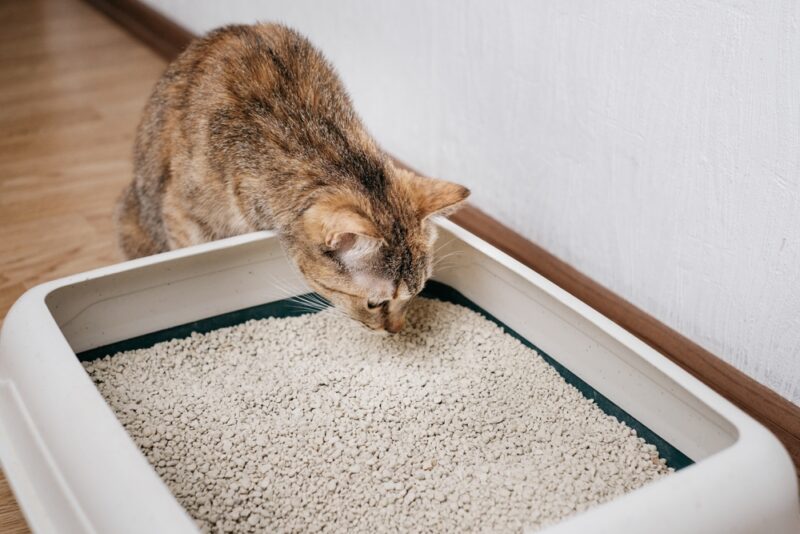
A Cleaner Box Without the Chemicals
But if scented litter is off the table, how can cat owners keep their homes from smelling like, well, cat bathrooms?
Experts like Dr. Karyn of Catster recommend focusing on hygiene and environment over fragrance. Scoop the box daily. Change the litter regularly. Opt for high-absorption, unscented litter. Place litter boxes in well-ventilated, low-traffic areas—and reconsider enclosed litter boxes, which can trap smells and amplify the issue for sensitive feline noses.
Other tips? You can opt for a safe, cat, parent, and veterinarian-approved, bioenzymatic litter deodorizer. Most options come fragrance-free and rid the litter box of the litter box smell.
Sometimes even the best litter box setup needs a helping hand in combating invasive smells. Our Hepper Advanced Bio-Enzyme Cat Litter Deodorizer naturally breaks down odors at the source. This effective litter additive can help all types of cat litter last longer, saving you money, and is safe for all life stages. Best of all, it's 100% biodegradable and fragrance-free.
You could also try an air purifier or dehumidifier nearby, and take a second look at your cat’s diet—especially if their BMs are particularly pungent. Often, a high-quality, easily digestible food can make a big difference in what ends up in the box.
And there are also fancier litter box options like the Litter Robot, which does the clean-up job for you, no scents needed!
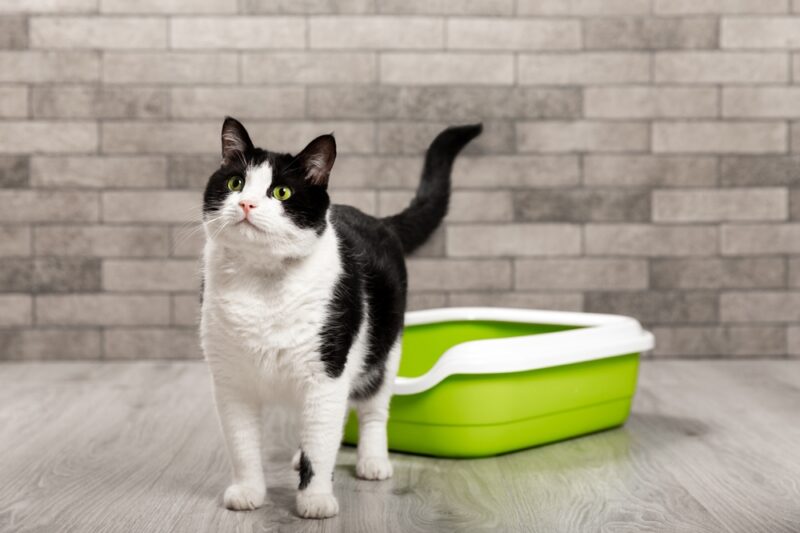
What Do You Think?
Is this the beginning of the end for scented cat litter? Should it be, or should we take a step back because this might be a case of overreaction to well-meaning innovation?
Some cat owners swear by scented litter and report no issues. Others are reconsidering their choice in light of this information.
Let us know—your experience could help other cat parents make informed decisions for their furry family members.
How useful was this post?
Click on a star to rate (you can leave written feedback after clicking submit)
Help us improve Hepper for pet parents!
Your feedback really matters.
What did you like about this post? Also how can we improve it?













